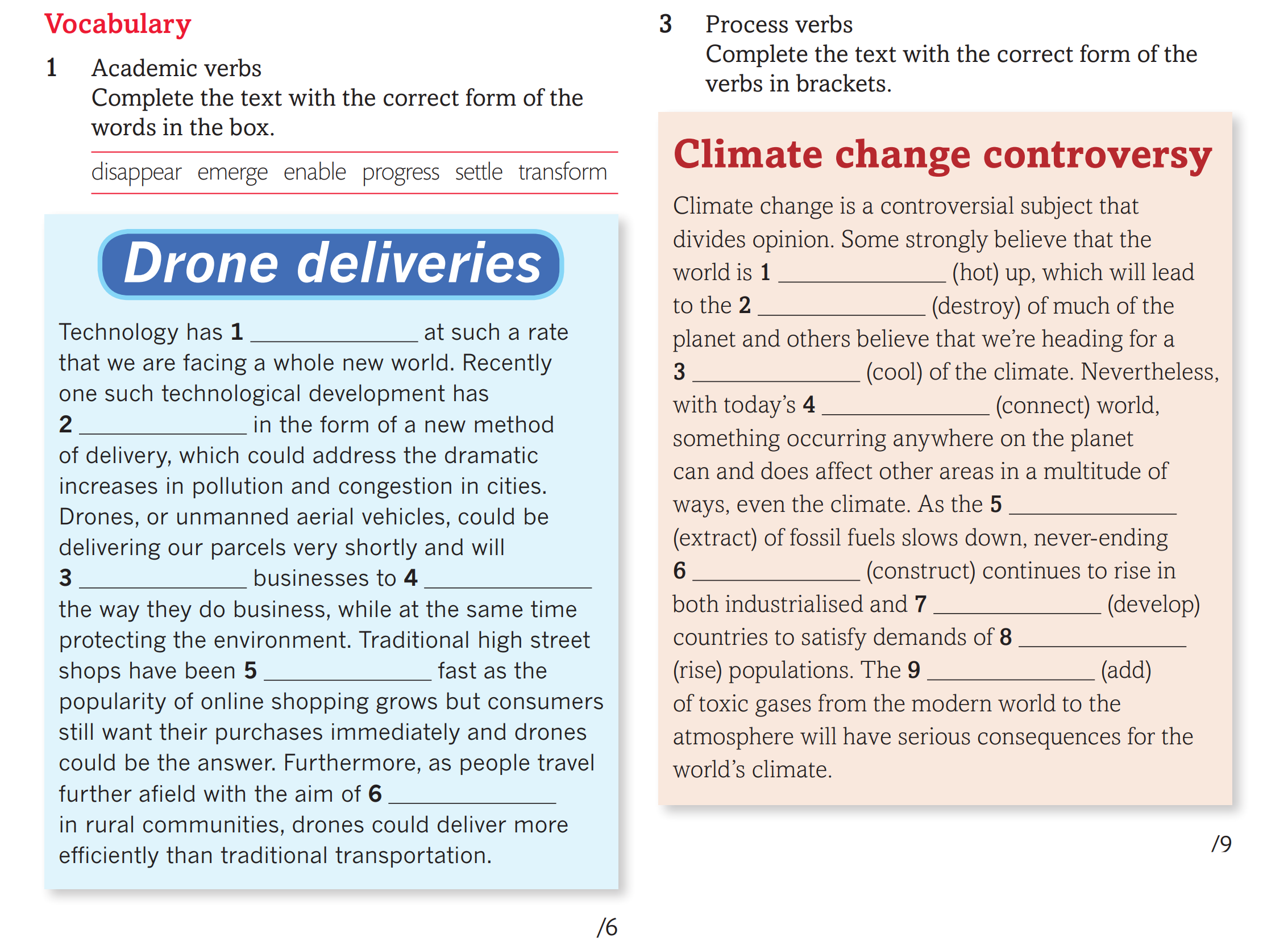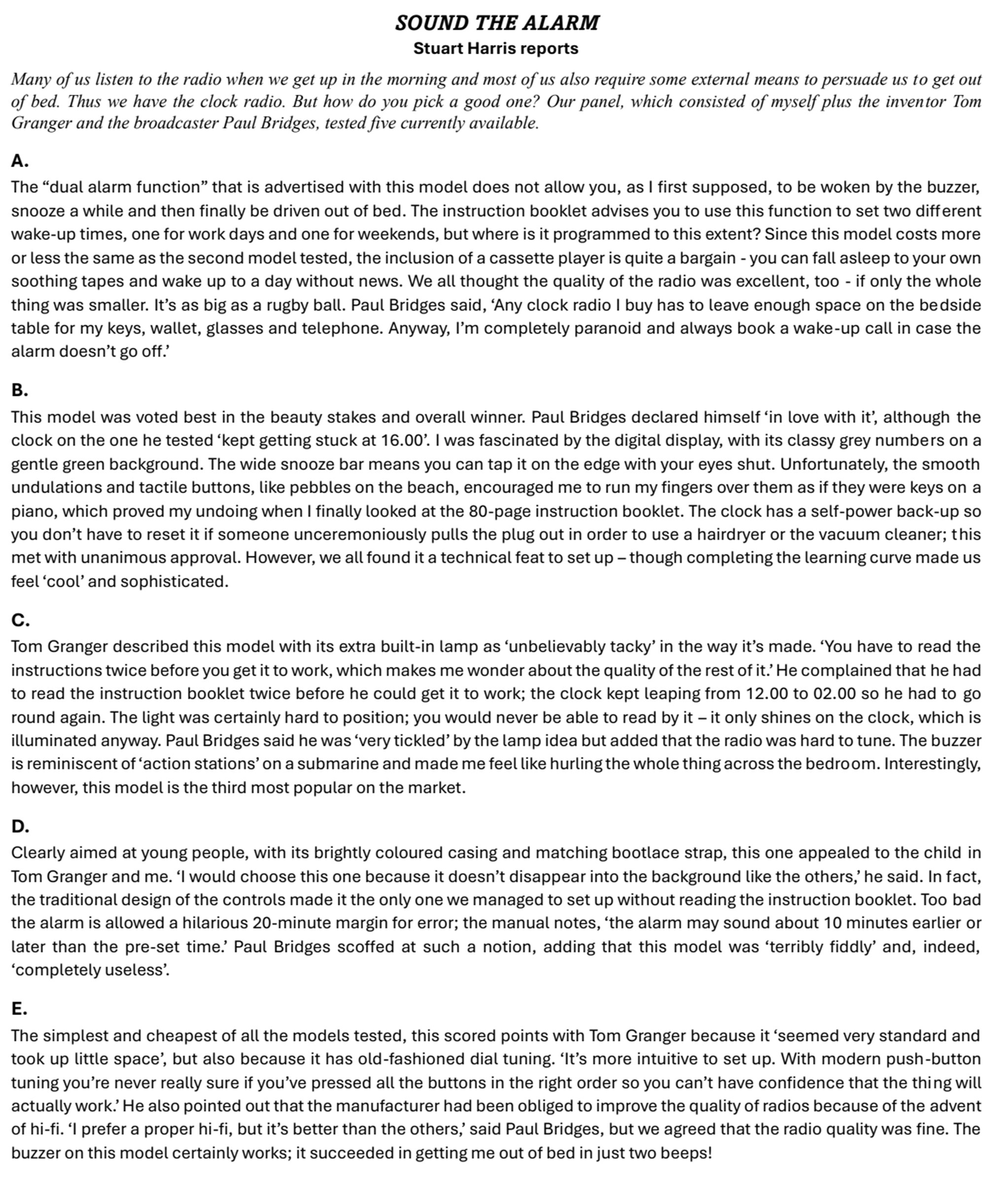Học tại trường
Chưa có thông tin
Đến từ
Thành phố Hồ Chí Minh , Chưa có thông tin
Số lượng câu hỏi
380
Số lượng câu trả lời
30
Điểm GP
3
Điểm SP
7
Người theo dõi (3)
Đang theo dõi (2)
AN
AN
AN
VII, Choose the correct option (A – D) to complete the text.
Kay and Alan Fletcher have been teaching young people how to survive outdoors in their summer camp for five years now. They established their company because they believed young people (1) _____________ contact with nature. The Fletchers wanted to teach them the (2) _____________ of being close to nature. They also tried to teach them how to (3) _____________ unexpected problems and situations which sometimes happen when you explore the great outdoors. You (4) _____________ get lost, for example, or be exposed to bad weather. Occasionally, there is something worse: a disaster is unlikely (5) _____________ when you're out enjoying nature, but it could. So (6) _____________ addition, the course prepares young people mentally for going through (7) _____________ like a tsunami, bushfire or flood. When I visited the camp, some teenagers were trying (8) _____________ a fire with just a knife and some pieces of wood, but they couldn't. Kay insisted that they didn't give up and suggested using much smaller bits of wood. That (9) _____________ , and the youngsters cheered as the fire came to life. Alan and Kay keep reminding students that a positive attitude (10) _____________ . It's the rule they have lived by.
| 1) A. lost | B. used to lose | C. were losing | D. have been losing |
| 2) A. inheritance | B. value | C. use | D. likeness |
| 3) A. evade | B. overwhelm | C. implement | D. handle |
| 4) A. will | B. should | C. might | D. must |
| 5) A. happen | B. for happening | C. that happens | D. to happen |
| 6) A. for | B. in | C. on | D. at |
| 7) A. a problem | B. an ordeal | C. a situation | D. an incident |
| 8) A. to start | B. to have started | C. having started | D. starting |
| 9) A. did the trick | B. had the result | C. offered the solution | D. delivered the punchline |
| 10) A. comes up | B. comes through | C. pays out | D. pays off |






